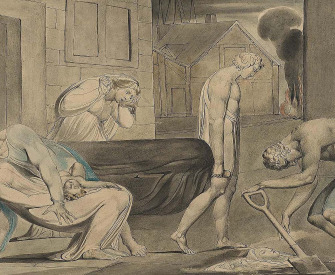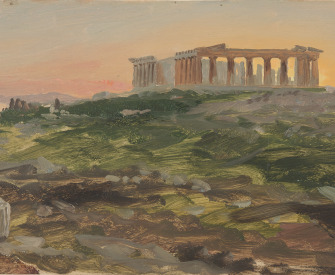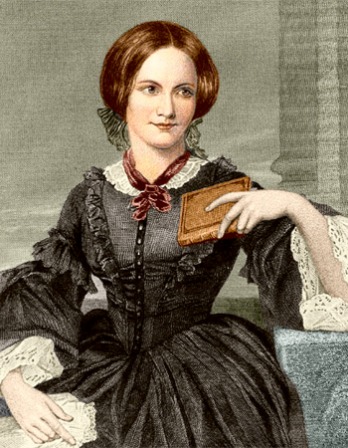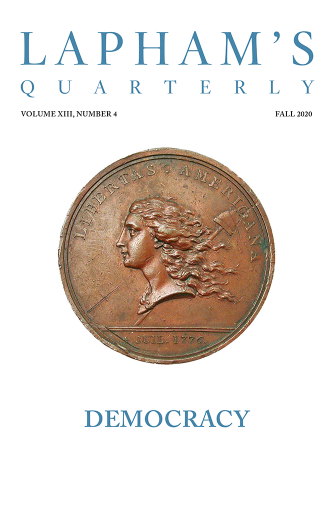The Town, the Penny Age, the Fly, and the Shew-up Chronicle contain ribaldry so infamous, obscenity so impudently blackguard and brazen, that it can hardly be conceived, and certainly never was printed until our day.
The main point of these papers seems to be a wish to familiarize every man in London who can afford a penny with the doings of the gin shops, the gambling houses, and—houses more infamous still. The popularity of the journals, and their contents, are dismal indications indeed of the social condition of the purchasers, who are to be found among all the lower classes in London. Thanks to the enlightened spirit of the age, no man scarcely is so ill educated as not to be able to read them; and blessings on cheap literature! No man is too poor to buy them. The Town forms the délices of the servant maid, who grins over the precious page along with sly John Footman, the textbook of the apprentice who doles it out to his comrades, the hidden treasure of the charmed schoolboy, who, by this excellent medium, knows as much about town as the oldest rake in it. Blessed, then, be the press, and the fruits thereof!
In old times (before education grew general), licentiousness was considered as the secret of the aristocracy. Only men enervated by luxury and fevered by excess of wealth were supposed to indulge in vices which are now common to the meanest apprentice or the poorest artisan. And as mystery in those bigoted days accompanied all knowledge, the science of wickedness was as occult as any other—only followed by the practitioners in silence and darkness.
Where we had one scoundrel, we count them now by hundreds of thousands. We have our penny libraries for debauchery, as for other useful knowledge, and colleges like palaces for study—gin palaces, where each starving Sardanapalus may revel until he dies.
From “Half-a-Crown’s Worth of Cheap Knowledge.” In 1832, Thackeray inherited his father’s £20,000 fortune but was quick to lose it, gambling and speculating on stocks. By the late 1830s, he was contributing to various magazines under pseudonyms like Fitz-Boodle and The Fat Contributor. He achieved both literary and financial success after the serial publication of Vanity Fair in 1847–1848.
Back to Issue





